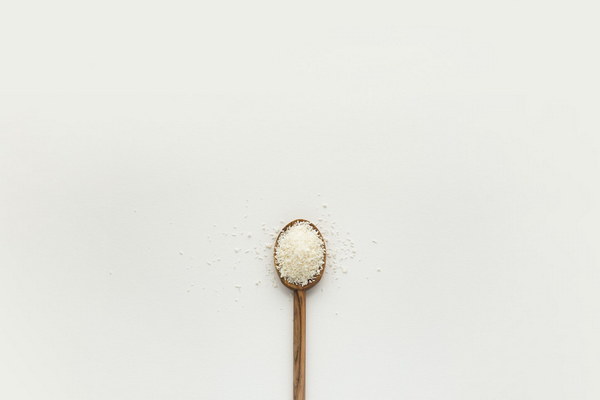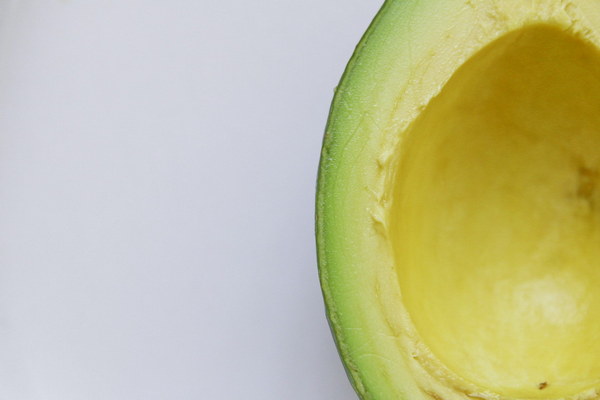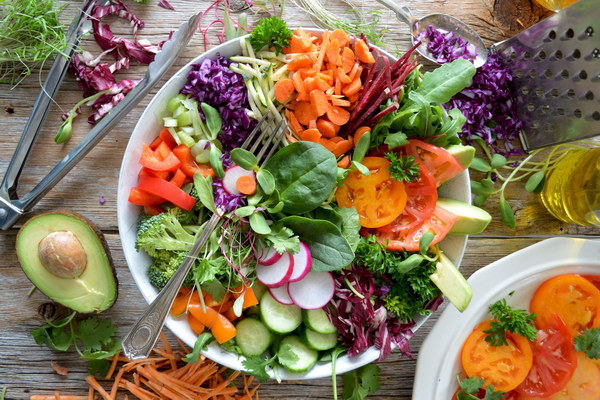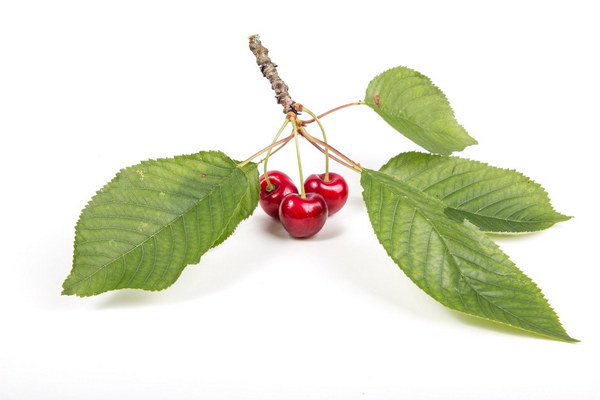Unlocking the Power of Nutrition A Comprehensive Guide to Alleviating Osteoarthritis through Dietary Strategies
Introduction:
Osteoarthritis, a common form of arthritis, affects millions of people worldwide. While there is no definitive cure for this condition, proper nutrition can play a significant role in managing its symptoms and improving overall well-being. This article delves into the world of osteoarthritis dietary strategies, offering valuable insights into the foods that can help alleviate joint pain and promote joint health.
1. Anti-inflammatory Foods:
Inflammation is a key player in osteoarthritis. To combat this, incorporating anti-inflammatory foods into your diet is essential. Some notable examples include:
- Omega-3 fatty acids: Found in fatty fish like salmon, mackerel, and sardines, omega-3s have powerful anti-inflammatory properties.
- Turmeric: This vibrant spice contains curcumin, a compound with potent anti-inflammatory effects.

- Berries: Blueberries, strawberries, and raspberries are rich in antioxidants, which can help reduce inflammation.
2. Joint-friendly Proteins:
Protein is crucial for joint health, as it aids in the repair and maintenance of cartilage. Including joint-friendly proteins in your diet can help alleviate joint pain and improve overall joint function. Here are some options:
- Fish: Salmon, cod, and other fatty fish are excellent sources of omega-3 fatty acids and protein.
- Eggs: Eggs are a versatile source of high-quality protein, making them an ideal choice for osteoarthritis patients.
- Dairy products: Greek yogurt, cheese, and milk contain protein and calcium, which are essential for joint health.
3. Calcium and Vitamin D:
Calcium and vitamin D are vital for maintaining strong bones and joints. Incorporating these nutrients into your diet can help prevent osteoporosis and alleviate osteoarthritis symptoms. Here's how:
- Dairy products: Milk, cheese, and yogurt are great sources of calcium and vitamin D.
- Leafy greens: Spinach, kale, and collard greens are rich in calcium and can be added to salads or smoothies.
- Supplements: If you're unable to get enough calcium and vitamin D from food, consider taking supplements under the guidance of a healthcare professional.
4. Hydration:
Proper hydration is essential for joint health, as it helps maintain the fluidity of synovial fluid, which lubricates the joints. Drink plenty of water throughout the day, and consider these hydrating foods:
- Citrus fruits: Oranges, grapefruits, and lemons are high in vitamin C, which can aid in the absorption of calcium.
- Cucumbers: These hydrating vegetables can help keep you hydrated and may have anti-inflammatory properties.
5. Foods to Avoid:
Certain foods can exacerbate inflammation and joint pain in osteoarthritis patients. Try to minimize or eliminate the following from your diet:
- Refined sugars: High sugar intake can lead to increased inflammation in the body.
- Processed foods: These foods are often high in unhealthy fats, salt, and sugar, which can worsen inflammation.
- Trans fats: Found in fried and processed foods, trans fats can increase inflammation and contribute to joint pain.
Conclusion:
By incorporating these osteoarthritis dietary strategies into your daily routine, you can help alleviate joint pain, improve joint function, and enhance your overall well-being. Remember to consult with a healthcare professional before making significant changes to your diet, as they can provide personalized recommendations based on your specific needs and health conditions.









